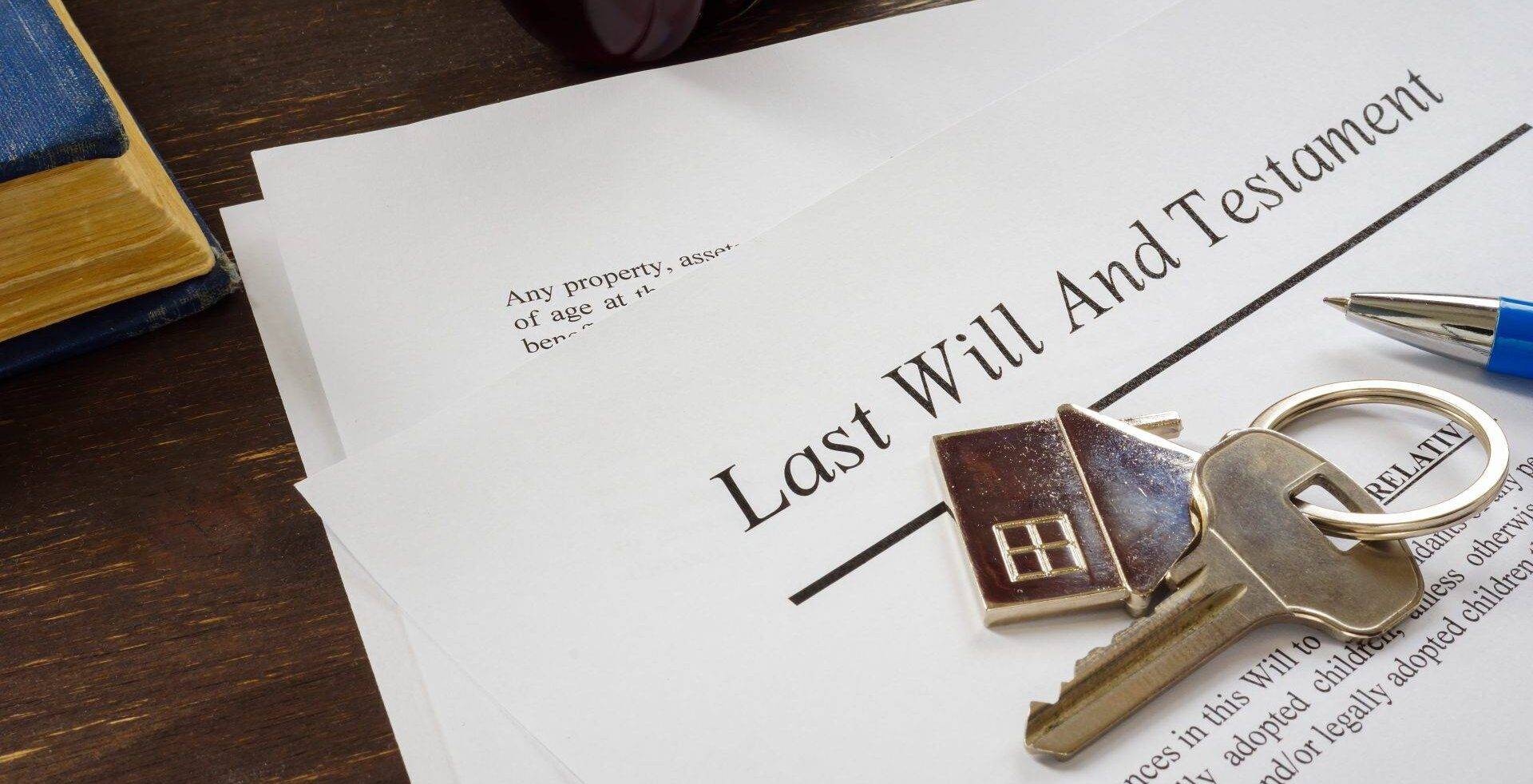In two recent decisions, the High Court has explored the impact of the solicitors that advised and drafted Wills for clients with questionable capacity following the Court of Appeal’s decision from earlier this year in Hughes v Pritchard [2022] EWCA Civ 386.
Case number one
Williams v Williams [2022] EWHC 1334 (Ch)
The first case is Williams v Williams, in which the Court found that Mrs Winifred William’s decision to reintroduce a previously estranged daughter, Catherine, now reconciled, to her Will was done so validly and, in particular, whilst having the required mental capacity and free from the undue influence of Catherine.
The Court set out the well-known test for making a Will from Banks v Goodfellow (1870) LR 5 QB 549:
“It is essential to the exercise of such a power that a testator [a] shall understand the nature of the Act and its effects; [b] shall understand the extent of the property of which he is disposing; [c] shall be able to comprehend and appreciate the claims to which he ought to give effect; and, with a view to the latter object, [d] that no disorder of the mind shall poison his affections, pervert his sense of right, or prevent the exercise of his natural faculties – that no insane delusion shall influence his will in disposing of his property and bring about a disposal of it which, if the mind had been sound, would not have been made.”
A medical opinion from a consultant in old-age psychiatry who had not met the Deceased and concluded that there was real doubt over Mrs William’s capacity to make a Will, but nothing firmer, was overlooked by the Judge in light of the evidence of the solicitor that took instructions on the Will. This was despite the fact the solicitor:
- (a) Failed to follow the “golden rule” when acting for aged testators and get a contemporaneous medical opinion, and
- (b) That he did not take steps to verify what the Deceased told him about the nature and extent of her estate.
The Judge, HHJ Keyser QC, however, found the solicitor’s evidence “clear, consistent and, …, truthful. He is an experienced solicitor and the judgement that he formed at the time carries significant weight”.
Another interesting point from the case is that the Will was also challenged on the basis of the equitable doctrine of undue influence, under which a presumption of influence can arise. The Court, however, did not take long to point out that this does not apply to probate cases.
As such the Will was found to be valid.
Case number two
Boast v Ballardi & Ors [2022] EWHC 1533 (Ch)
The second case of Boast v Ballardi & Ors related to the decision of a 95-year-old man in making a 2013 Will to drastically reduce the inheritance of his great-nephew, Gavin, who had been the sole beneficiary of his earlier 2006 Will, and the solicitor that made the new Will’s evidence was found not to be so influential.
The Judge, Master Clark, giving judgment on a trial on written evidence alone found that the medical evidence, which did not include an expert report and consisted of medical letters and notes was sufficient to outweigh the evidence of the solicitor that drafted the Will and met with the Deceased.
The solicitor in his attendance note when stating he believed the Deceased had capacity seemed to have missed off what the Judge described as “intensely irrational persecutory delusions” about a member of the family (described by the Deceased as “the foreign lady”), which extended to Gavin, and which the Judge found to be causative of his decision to exclude Gavin from receiving all but £15,000 under his last Will.
The Judge noted the solicitor did not take any steps to check whether the Deceased understood what his property comprised, and having become aware of the Deceased’s paranoid delusions, did not investigate whether they were capable of affecting his testamentary decisions, either by asking further questions or by instructing a qualified medical practitioner to assess this.
As such the Will was declared invalid.
Comment
The two contrasting decisions in Williams v Williams and Boast v Ballardi & Ors highlights how sensitive the issues are in deciding whether a testator will be found as having capacity or not, as the case may be.
How can we help
Lewis Addison is a Partner in our expert Dispute Resolution team, specialising in Will, Trust, and Probate disputes.
For more information regarding the subjects discussed in this article, please contact Lewis or another member of the team in Derby, Leicester, or Nottingham on 0800 024 1976 or via our online form.
If this article relates to a specific case/cases, please note that the facts of this case/cases are correct at the time of writing.

